For some months now, countries across the world have been vying for much-needed, key supplies for healthcare professionals and essential workers on the frontlines of the COVID-19 pandemic. The shortage of Personal Protective Equipment (PPE) has been especially acute, forcing governments into a global race to buy protective clothing, surgical masks, face shields, helmets, goggles, and gloves – with middling success. Despite these efforts, doctors and nurses in the US and the UK, for example, have been forced to acquire their own gear or reuse existing equipment with great risk.
With no immediate solutions even as the global health crisis rages on, innovative alternative initiatives have popped up to help medical workers do their critical jobs: save lives while being safe.
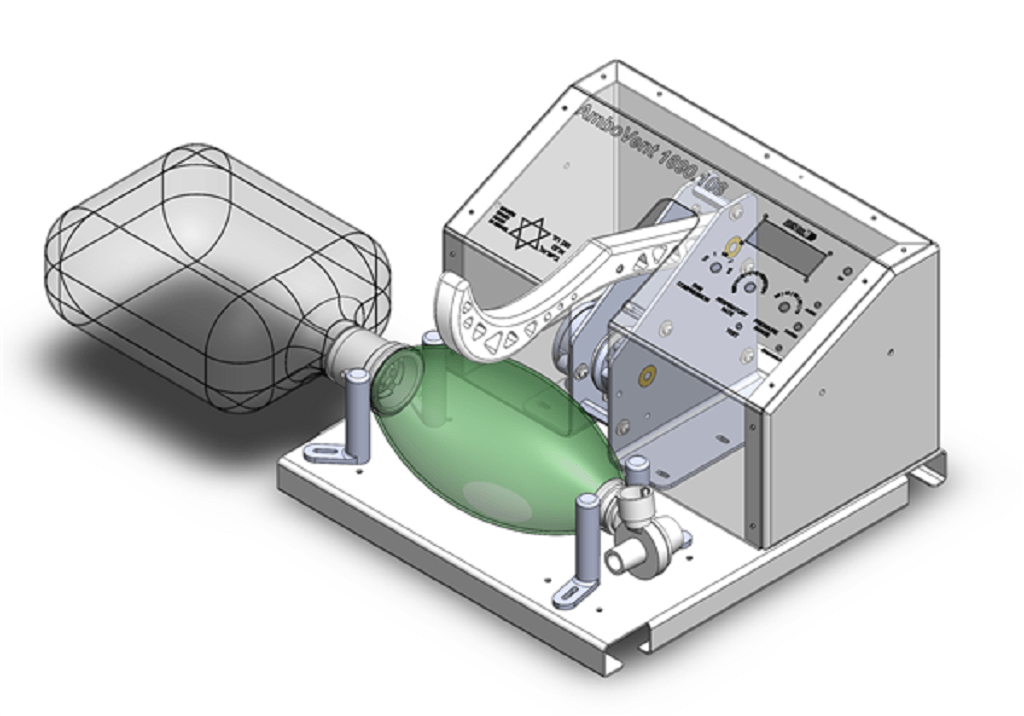
One such initiative was recently launched by the Israeli-founded non-profit organization Tikkun Olam Makers (TOM), a global movement that develops and creates practical, affordable, workable solutions for under-served sectors and communities. Tikkun Olam loosely translates to “repair the world” in Hebrew.
As the pandemic began spreading rapidly across the world beginning in early March, the group tapped into its vast network of worldwide makers, fellows, and volunteers to develop and deliver solutions useful in fighting the global pandemic: 3D-printed face shields, masks, straps, handless door openers and even DIY alcohol-based hand rubs. By late April, TOM had overseen the manufacturing and delivery of over 30,000 units of equipment for people who need it most, with a goal to reach 100,000 in the short term and half a million in the medium term.
Donate Now to Essential Workers from TOM Global on Vimeo.
The organization was well set up for such an operation. Established in 2014 by the Reut Group led by entrepreneur Gidi Grinstein, TOM brings together designers, developers, engineers, and “makers” to solve everyday challenges for people living with disabilities, the elderly, and the poor (“need-knowers”). The organization has hosted dozens of “makeathons” across the world focused on creating products that aim to improve people’s daily lives and enhance their interests. Close to 500 such products have been made in 67 communities in over 20 countries so far including Mexico, Chile, Greece, Serbia, and Australia.
When TOM began focusing solely on COVID-19 solutions, it felt like a natural pivot.
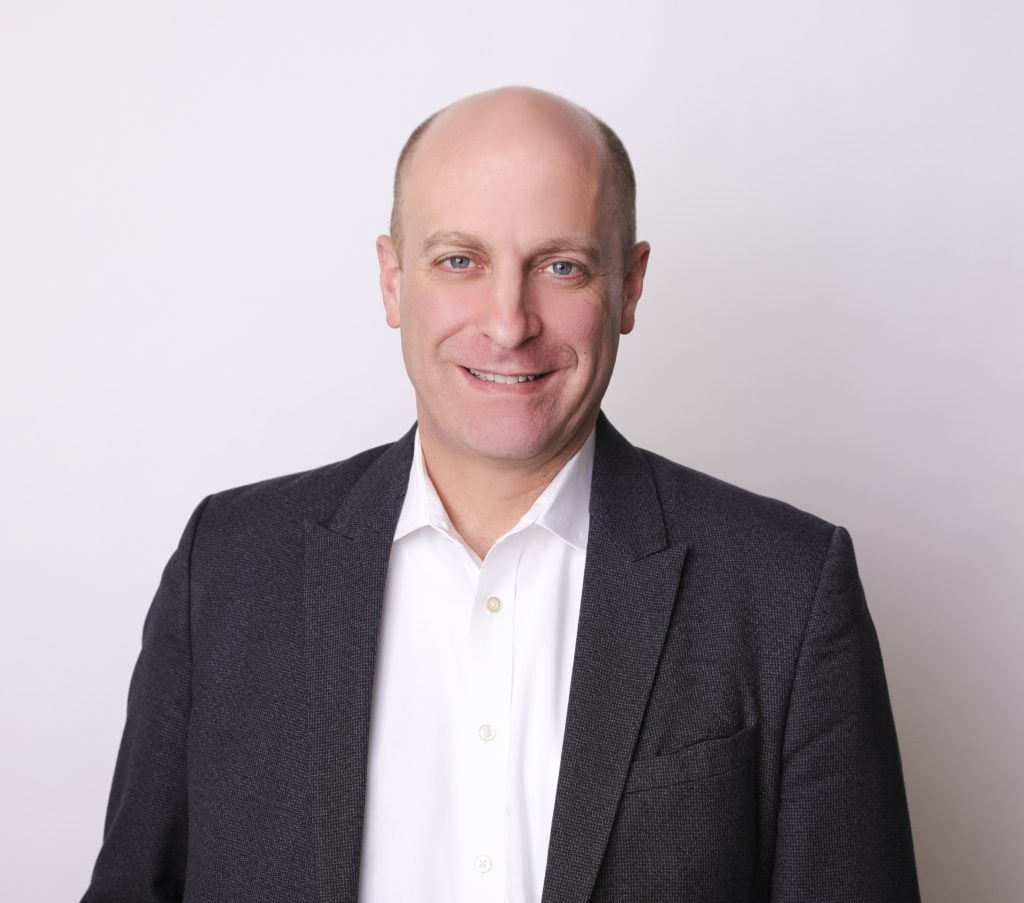
“Our mission has not changed. We systematically create highly affordable solutions for people who are largely neglected by the markets and governments and are structurally marginalized,” Grinstein tells NoCamels via video-conference from New York.
Throughout its journey, TOM “developed a process for mass inventions where people can come and innovate and create solutions so this vision remained but the operational manner has changed,” he explains.
To start, the organization began taking stock of all the products created over the years to see what could be relevant during the pandemic. Next, TOM repurposed its network into a “maker army,” calling on all those who could design, engineer, invent or even just access or operate a 3D printer to join the movement and help deliver solutions. The next focus was on partnerships with universities, student communities, maker spaces, Jewish and non-Jewish organizations that could aid with volunteers, materials, and logistics.
To date, TOM’s online library includes over 40 solutions ranging from PPEs, ventilators and ventilator parts, respirators and hygienic solutions, with detailed instructions on how to make them, and a playbook for people to launch their emergency coronavirus response teams.
The most sought-after items have by far been the face shields, specifically the Prusa shields, which are quick to print and easy to assemble, says Maayan Keren, TOM’s Director of North America Communities.
Based in New York, which has been hard-hit by COVID-19 and leads US cities with over 300,000 confirmed infections, Keren tells NoCamels her work has involved finding resources such as 3D printers, cutters, and sewing machines, helping makers get started, and identifying “circles of needs.”
For example, in NY, TOM recently put together a delivery of some 500 face shields that went to nursing homes and fertility clinics. “These are very high-risk people who need immediate help and protection,” says Keren. Other circles of needs include mental health facilities, care homes, and prisons.
Sign up for our free weekly newsletter
SubscribeIn Atlanta, a university student organizer with a 3D printer at home started his own response team to make face shields for clinics, nursing homes, police officers and first responders, with help and some seed funding from TOM.
The needs, however, differ and evolve depending on location.
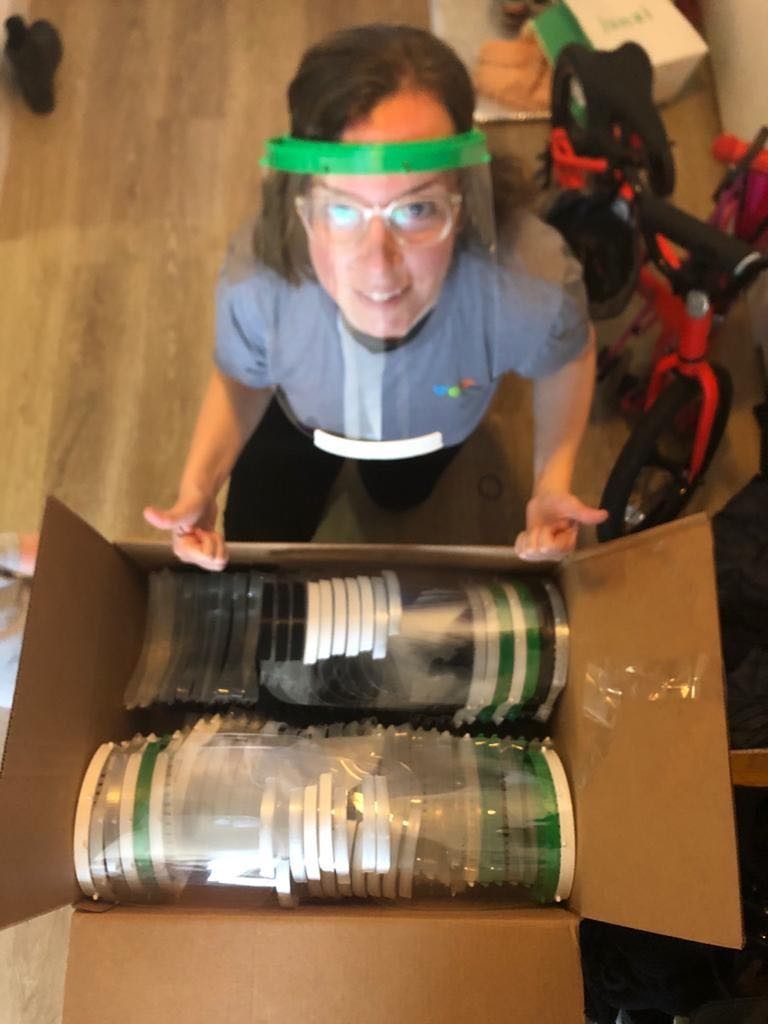
In Mexico, TOM makers and response teams led the manufacturing of some 3,000 Y splitters for ventilators designed to divide the airflow of artificial ventilators so that they can be shared by two patients, Keren tells NoCamels. In fact, the design was created specifically for the MakersMexico through a request process where providers and makers submit needs and TOM works to find a solution.
In Israel, TOM works with the Holon Institute of Technology, Tel Aviv University and design schools such as Shenkar and the Bezalel Academy of Art and Design in Jerusalem – all of whom have 3D printing capabilities.
Bezalel student Yuval Buzaglo, 26, tells NoCamels she is part a team of university students that created thousands of pieces of equipment for hospitals, clinics, and special education schools using TOM’s instruction files and materials.
“There’s been a lot of sharing knowledge and efficiency,” she says.
Grinstein tells NoCamels most of TOM’s development and documentation is, in fact, done in Israel at Impact Labs, a hardware innovation center in Tel Aviv where TOM is based. The Lab is for entrepreneurs, companies, and social innovators to develop physical products and solutions.
TOM is funded philanthropically, employs 11 people, and works with hundreds of volunteers across the world, Grinstein explains. The organization helps local teams raise money for their COVID-19 relief efforts and source donations of 3D printing materials.
TOM makers are “community organizers, people working in the medical field, academics, university faculty, moms, dads, and basically anyone who wants to get involved,” Keren tells NoCamels, adding that “people have really stepped up to help.”
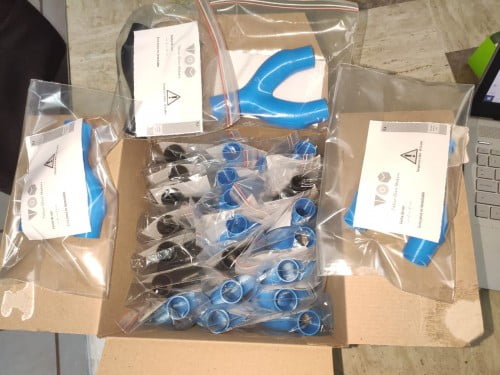
TOM’s most active communities in the US are in NY, Atlanta, and Miami, says Grinstein, as well as in Israel, Mexico, and Chile. Makers in Serbia, Japan, and South Korea are also picking up pace.
“All of this is just the beginning,” Keren says. “We’re working on solutions for the ‘new normal’ in schools, medical facilities, universities, and so on. We’re identifying the needs and scanning the radar.”
Makers are part of an “essential societal infrastructure,” explains Grinstein. “Every society needs makers for crowd-sourced, crowd-funded solutions and this is the tip of the iceberg of our potential.”
Most of TOM’s activities currently will be relevant post-pandemic and long after, he says.
Related posts

Editors’ & Readers’ Choice: 10 Favorite NoCamels Articles

Forward Facing: What Does The Future Hold For Israeli High-Tech?

Impact Innovation: Israeli Startups That Could Shape Our Future


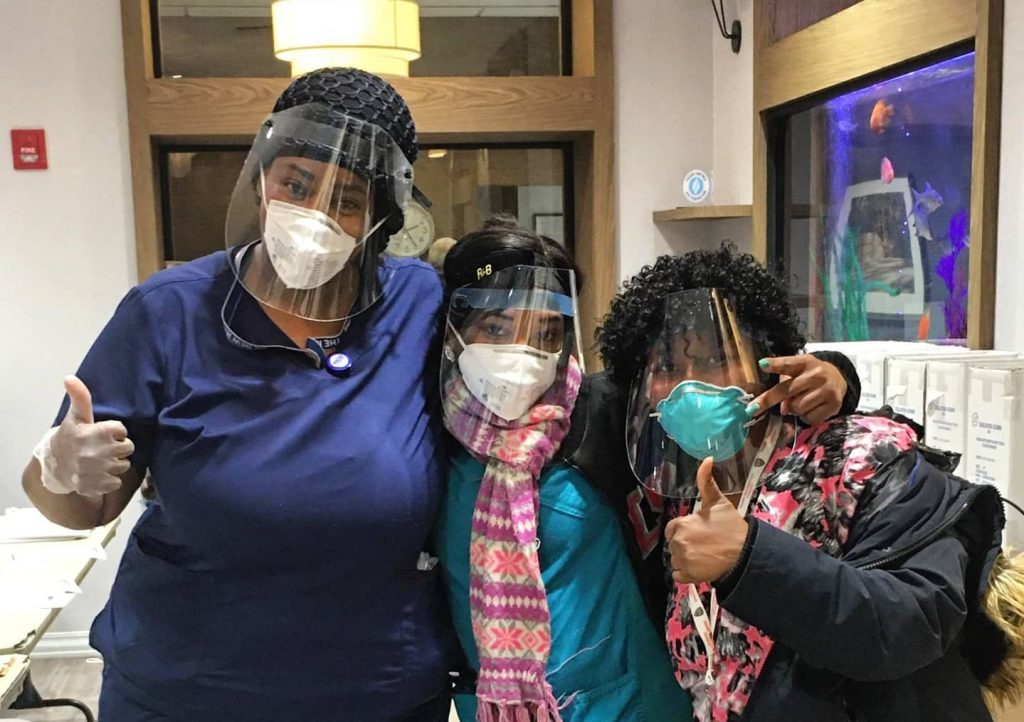
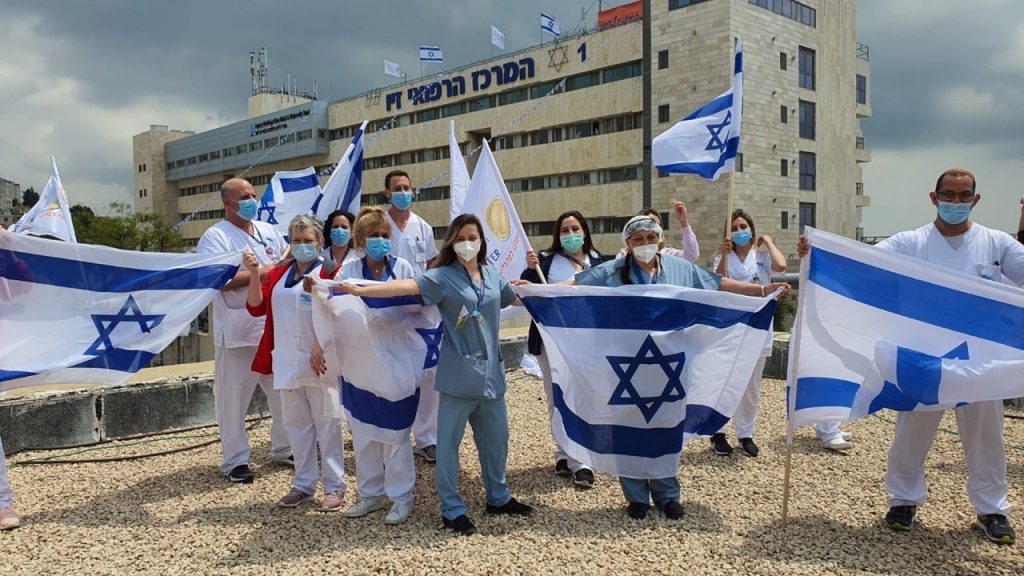

Facebook comments